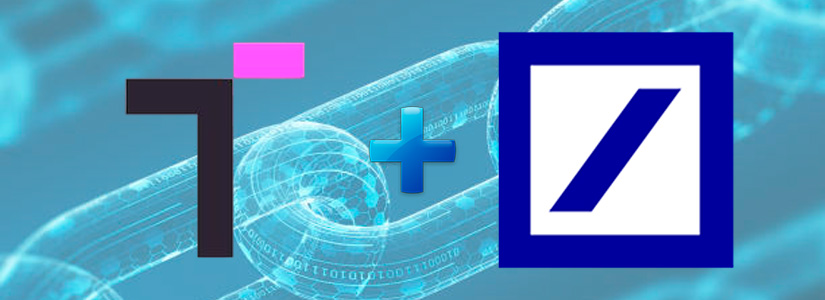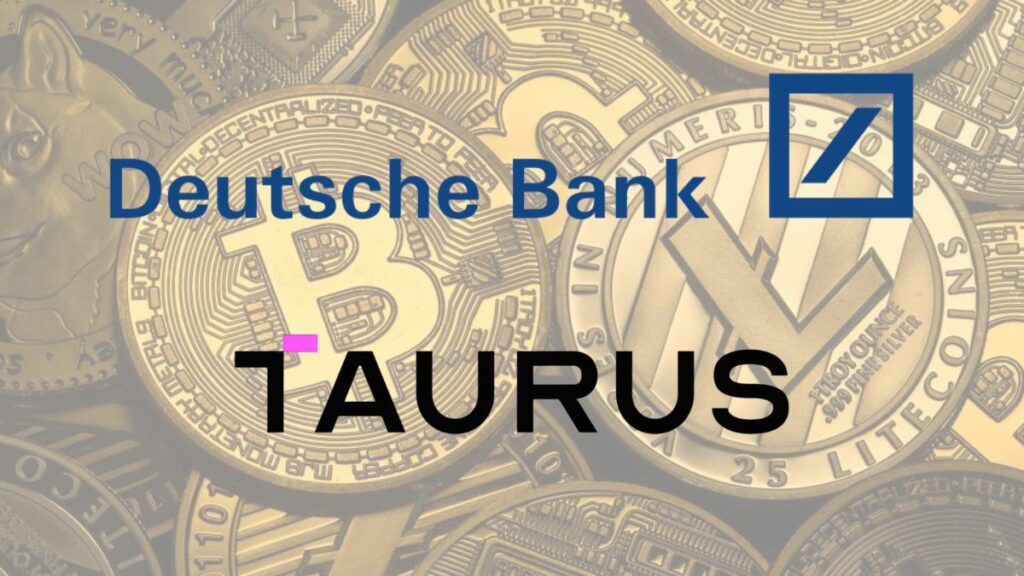Deutsche Bank, one of the world’s leading financial service providers, has entered into a global partnership with Taurus, a prominent provider of digital asset infrastructure. This collaboration is set to revolutionize how Deutsche Bank’s customers interact with cryptocurrencies and other digital assets.
Taurus, a Swiss-based company founded in 2018, offers enterprise-grade infrastructure to issue, manage custody, and trade cryptocurrencies, tokenized assets, nonfungible tokens (NFTs), and other digital assets.
Deutsche Bank Continues to Grow Their “Crypto Cred”
Deutsche Bank’s decision to partner with Taurus follows a thorough and detailed due diligence process that began in late 2021 and concluded in 2022. This partnership is a significant step for Deutsche Bank in its ongoing efforts to offer cryptocurrency custody and trading services to its clients.
The bank had previously applied for a digital asset custody license from Germany’s financial regulator BaFin in June 2023. The agreement with Taurus is global in scope. Taurus will provide custody and tokenization technology in line with local regulatory requirements.

It’s been known since early 2021 that the bank has been exploring the realm of cryptocurrency custody. This was evident when a digital asset custody prototype was featured in a World Economic Forum report.
This move aligns with Deutsche Bank’s strategy to offer its customers access to cryptocurrency markets and assets. Paul Maley, Deutsche Bank’s global securities services head, stated that the cryptocurrency space is expected to grow to trillions of dollars of assets and is likely to become a priority for investors and institutions.
This partnership underscores Deutsche Bank’s commitment to staying at the forefront of digital asset management and offering innovative solutions to its global clientele.
As always with this kind of announcement where traditional banking institutions are seeking to sink their claws into the world of cryptocurrency, the community’s position in this matter remains unchanged.
Traditional finances and crypto have nothing in common, and should not be working “together;” whereas one only offers suffocating regulations and oversight, the other offers financial freedom.


